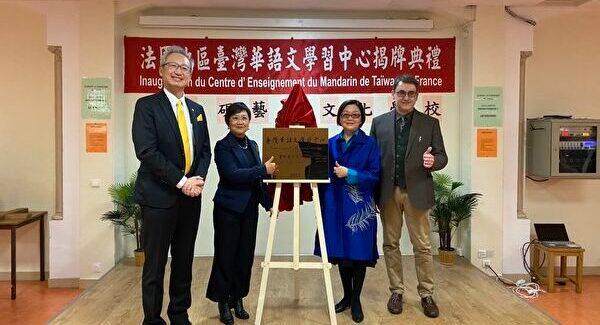China’s ruling communist party went to great lengths to establish its network of Confucius Institutes across college campuses around the world. But many countries have since withdrawn their partnerships having discovered that these institutes are a propagandized extension of the Chinese Communist Party (CCP)—used simply as a means to promote the party’s communist philosophy. As a result, Taiwan is stepping into fill the new void to deliver traditional Chinese language education, with plans to establish 100 of its own institutes within the next five years.
Starting in June 2021, Taiwan began promoting its “Five-Year Plan to Add 100 Chinese Language Centers.” An update to this plan was broadcast on Radio Taiwan International (RTI) by Tong Chun-yuan, chairman of Taiwan’s Overseas Chinese Affairs Council. He said that 45 centers have already opened, including 35 in the United States, two in each of England, France, and Germany, and one in each of Sweden, Hungary, Austria, and Ireland.





